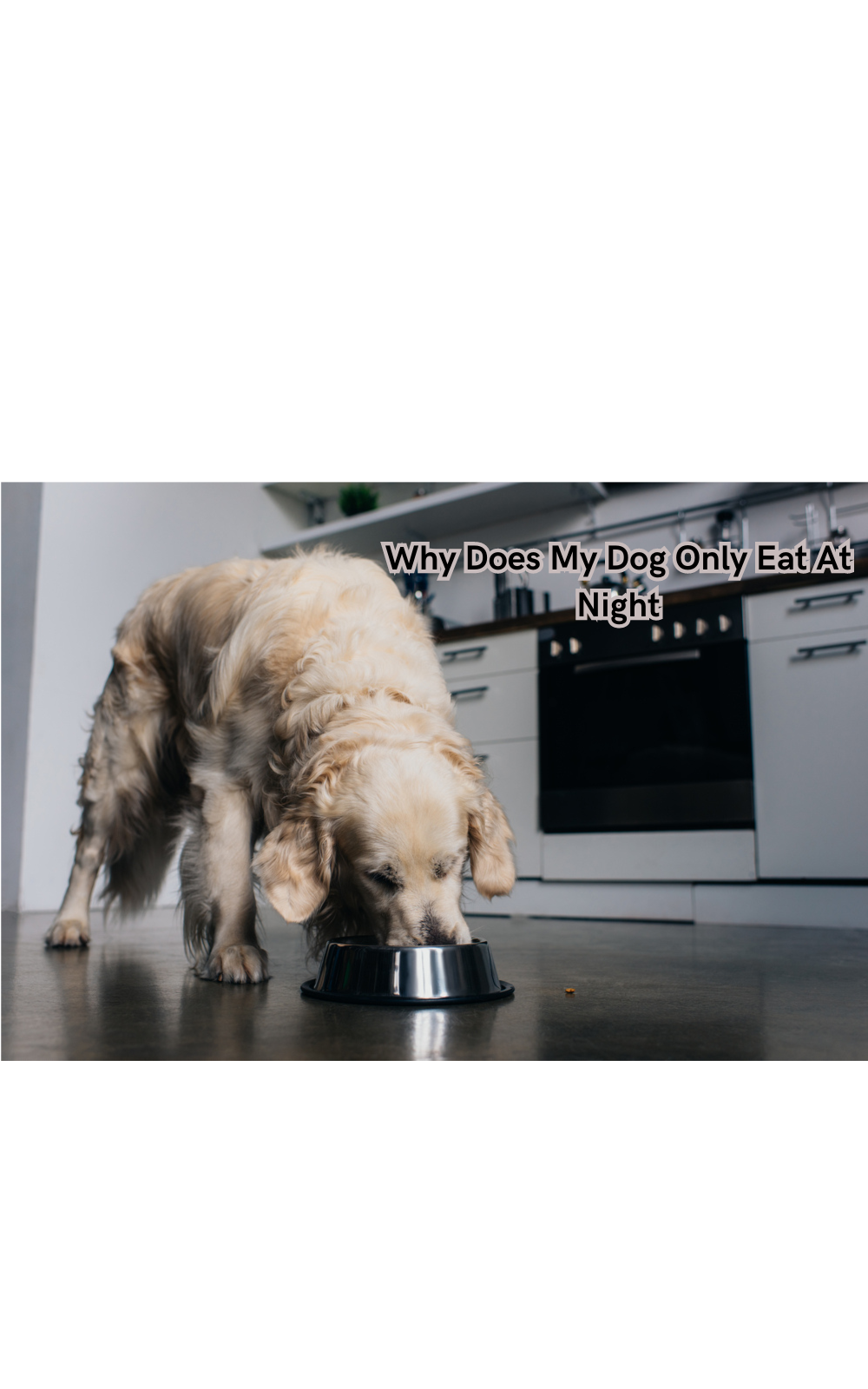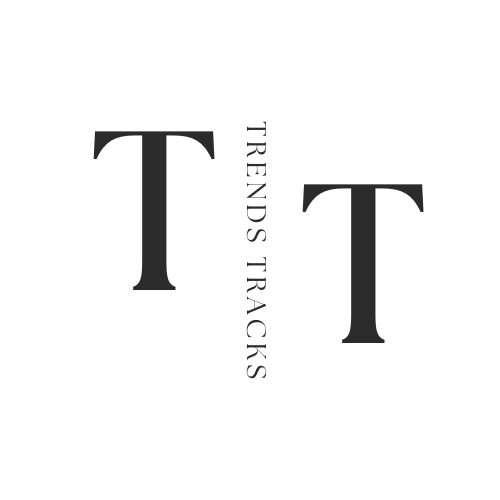Why Does My Dog Only Eat At Night

Understanding your dog's eating habits, including why they may only eat at night, is crucial for their well-being and overall health. While every dog is unique, there are several possible reasons for this behavior.
Daily routine, environmental stimuli, and temperature variations could influence when your dog feels most comfortable eating.
By delving into the potential causes behind this behavior, you can better cater to your dog's specific needs and establish a feeding schedule that aligns with their instincts, ensuring their nutritional requirements are met and promoting a harmonious relationship between you and your furry companion.
Is Eating Only At Night Normal?
Eating only at night is not necessarily abnormal for dogs, as they are naturally crepuscular animals, meaning they are most active at dawn and dusk. In the wild, dogs would hunt in search of prey during these times. Therefore, it's natural for them to feel more comfortable eating during these periods of low light.
However, this behavior may also indicate underlying health issues or behavioral problems. Observing your dog's overall behavior and consulting with a veterinarian if you have any concerns is essential.
Dog's eating habits can change due to stress, illness, or changes in their environment. Feeding schedule changes are also common during puppyhood and old age.
What Are Some Reasons My Dog Only Eats At Night?
For dog owners, it can be frustrating when their dog only eats at night, especially if you've tried various methods to encourage daytime eating. Understanding the potential reasons behind this behavior can help you determine the best course of action.
Here are some possible reasons why your dog may only eat at night:
Daily Routine:
Dogs are creatures of habit, and they thrive on predictability and routine. If you feed your dog at the same time each day, they may have learned to anticipate mealtime and adjust their eating behavior accordingly. Dog food availability and variety can also affect their eating habits.
For example, if you usually feed your dog in the morning before heading to work, they may eat less because they know you will leave soon. In contrast, if you feed them at night when you are home and they have your attention, they may be more willing to eat.
A family dog expert, Cesar Millan, suggests that dogs also tend to eat more in the evening because it is closer to their bedtime, and they may feel more relaxed.
Your Dog Might Like Nights Better:
Your dog's preference for eating at night may also be due to their biological instincts and natural circadian rhythm.
Dogs have a powerful sense of smell, so they may prefer to eat when the scents in the environment are more prominent. Dog's food preferences may also be influenced by their senses and food temperature.
At night, there is less activity and traffic outdoors, which makes it easier for them to focus on their food. Free feeding or grazing throughout the day can also cause your dog to eat less at mealtimes.
In contrast, during the day, dogs may be more active and exposed to sunlight, making them feel warmer and less inclined to eat.
Your Dog Wants To Eat Alone:
Dogs are territorial animals and can become protective of their food, especially around other dogs or pets.
If you have multiple dogs, one of them may prefer to eat at night when they have the space and time to themselves without competition from others. If you give two meals a day, try separating the dogs during mealtimes to see if this affects their eating habits.
Additionally, a dog's eating habits may also be influenced by external stimuli such as noise or disruptions during the day. They may feel more at ease and less distracted when eating in a quiet, dimly lit environment. Dog eating habits can also be influenced by their personality and past experiences.
Possible Medical Conditions:
While it is normal for dogs to have individual eating habits, sudden changes in their behavior and appetite could be a sign of an underlying medical condition.
If your dog has always been a hearty eater and suddenly stops eating or only eats at night, it is essential to consult with your veterinarian.
Conditions such as dental issues, gastrointestinal problems, and thyroid or liver diseases can all affect your dog's eating and should be addressed promptly.
A Dog eating only at night could also be a symptom of underlying pain or discomfort, so it's crucial to have your dog examined for any potential health concerns.
Your Dog Might Be Anxious Or Stressed:
Dogs are sensitive animals and can become anxious or stressed due to various factors such as changes in their routine, moving to a new environment, or being separated from their owners. Anxiety and stress can significantly impact a dog's appetite, causing them to eat less or avoid eating altogether.
If your dog only eats at night, it could be because that is when they feel most secure and relaxed. Hungary dogs eat more and can find comfort in food, so if your dog is experiencing stress or anxiety, they may prefer to eat when they feel safest.
Working with a professional trainer or behaviorist can help address the root cause of your dog's anxiety and improve their eating habits.
Don't Like Their Food:
Your dog may not be eating during the day because they simply don't like their food. As a pet owner, it's essential to provide your dog with a balanced and nutritious diet that meets their needs and tastes.
If your dog only eats at night, experiment with different types of food or try feeding them smaller portions throughout the day. If your dog only eats at night, experiment with different types of food or try feeding them smaller portions throughout the day.
The dog suddenly stops eating at night or becomes disinterested in their food, which could also signal a need for a change in their diet. It is the dog owner's duty to feed dogs healthy and suitable food.
These are a few of the possible reasons why your dog may only eat at night. As a responsible pet owner, it's important to monitor your dog's eating habits and seek professional guidance if necessary. Family dogs are a part of our daily lives and deserve proper attention and care, including understanding their unique behaviors and needs.
How Can I Encourage My Dog To Eat During The Day?
If your dog's nighttime eating habits are causing concern, there are steps you can take to encourage daytime eating.
Here are some helpful tips:
- Create a safe and comfortable environment for your dog to eat in
- Feed them at regular times throughout the day
- Avoid free feeding or grazing throughout the day
- Experiment with different types of food to find what they like
- Reduce stress and anxiety through exercise, playtime, and training
- Consult with your veterinarian if you notice any changes in their eating habits
By understanding your dog's individual preferences and needs, you can create a healthy and balanced feeding routine that works for both of you.
Is Only Eating At Night Healthy?
While it may seem concerning that your dog only eats at night, as long as they are maintaining a healthy weight and showing no signs of illness or discomfort, there shouldn't be cause for concern.
Just like humans, dogs have different eating habits and preferences, and as long as they are getting the proper nutrition throughout the day, eating at night is not necessarily harmful.
However, if you notice any significant changes in your dog's eating habits or have concerns about their health, it is always best to consult with a professional.
As responsible pet owners, it is our responsibility to monitor and address any changes in our dog's behavior and habits to ensure their well-being. Like human food, for an adult dog, we need to feed dog food that is well-balanced and has the right proportions of essential nutrients.
FAQs
Is it OK if my dog only eats once a day?
It depends on your dog's individual needs and preferences. Most dogs do well with two meals a day, while others may prefer one larger meal. Consult with your veterinarian to determine the best feeding schedule for your dog. Dog eats only at night, but it is essential to ensure they are getting enough nutrition and maintaining a healthy weight.
How can I tell if my dog is eating enough?
Keep an eye on your dog's body weight and consult with your veterinarian if you notice significant changes. Also, pay attention to their behavior and energy levels – a well-fed dog will have enough energy and be generally content.
Why is my dog not hungry in the morning?
There could be various reasons for this, such as a change in their routine or environment, stress or anxiety, medical conditions, or simply not liking their food. Monitor your dog's eating habits and consult with a professional if you have any concerns.
What is the best time of day to feed a dog?
Most dogs do well with two meals a day, one in the morning and one in the evening. However, consult with your veterinarian for specific recommendations based on your dog's breed, age, and individual needs. Dogs prefer regular routines and feeding times. A regular eating schedule can keep your dog healthy and happy.
Conclusion
As discussed in this guide, there can be various reasons why your dog eat only at night. Monitoring their eating habits and promptly addressing any changes is crucial to ensure their overall health and well-being.
Work closely with your veterinarian to determine the best feeding routine for your dog's needs. With proper care, attention, and understanding of our dogs' unique behaviors and preferences, we can ensure they lead happy and healthy lives.
So, be a responsible dog owner and care for your furry friend's eating habits to keep them happy, healthy, and well-fed. Remember that a well-balanced diet is essential for our dogs' overall health and happiness, so providing them with the proper nutrition they need to thrive is important. Also, never hesitate to seek professional guidance and advice if you have concerns about your dog's eating habits.
Together, we can ensure that our furry companions are well-fed, happy, and thriving members of our families. So, remember to monitor and adjust your dog's eating routine as needed, and always prioritize their health and well-being above all else.
